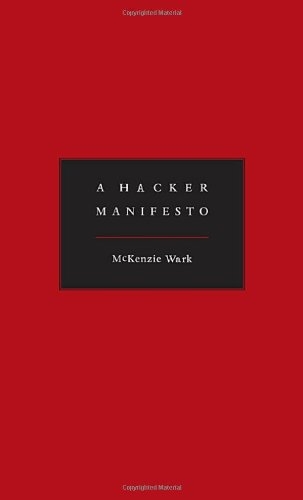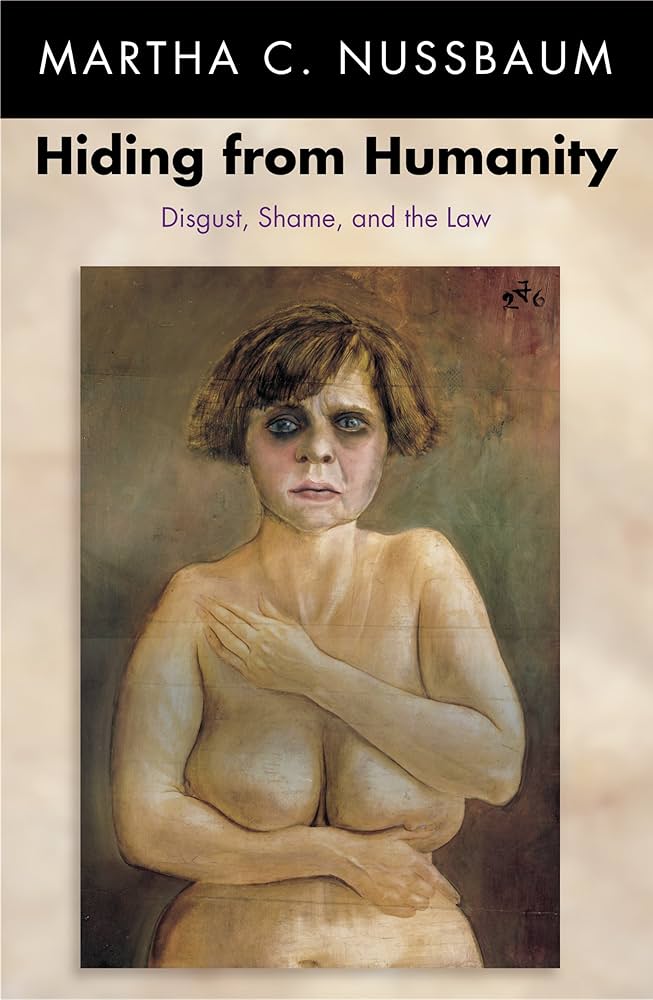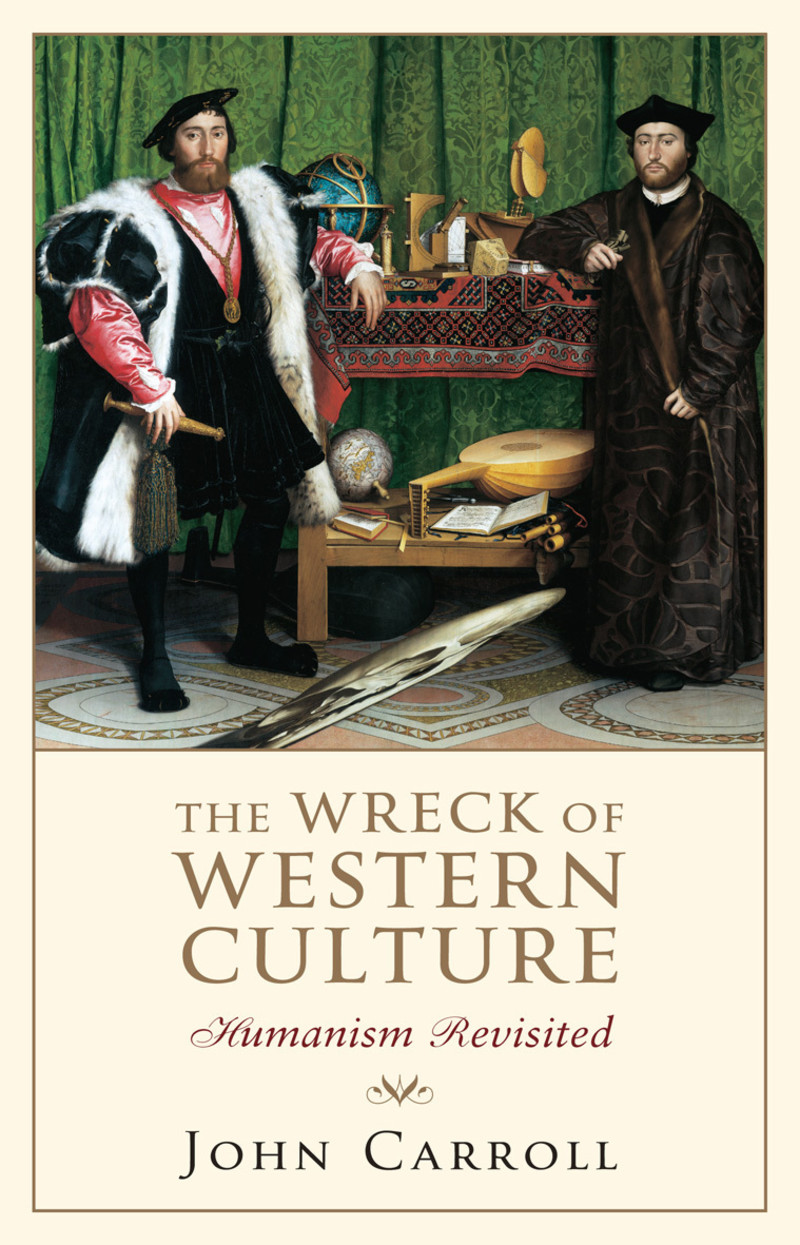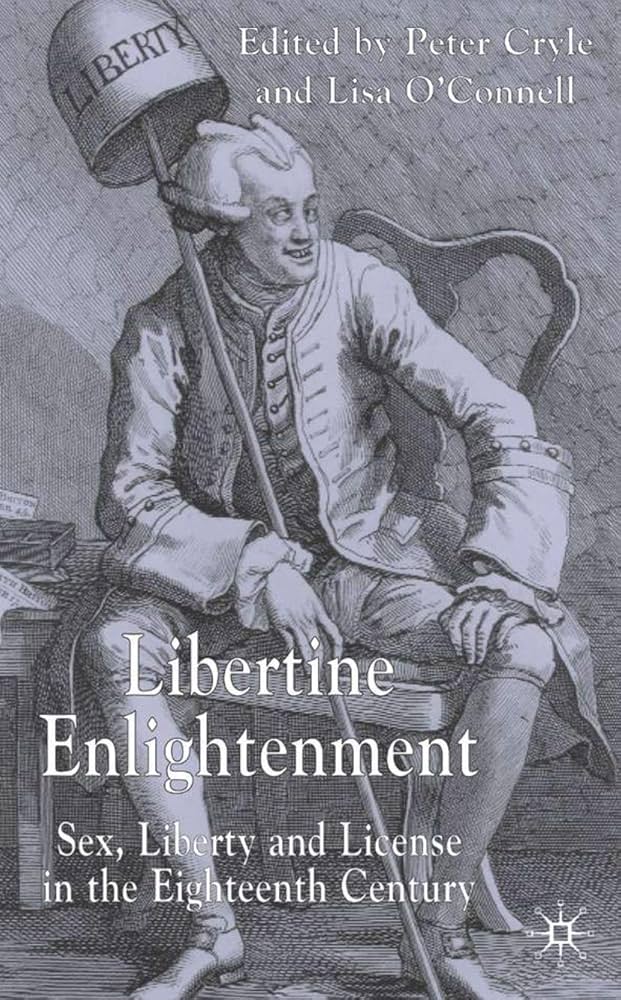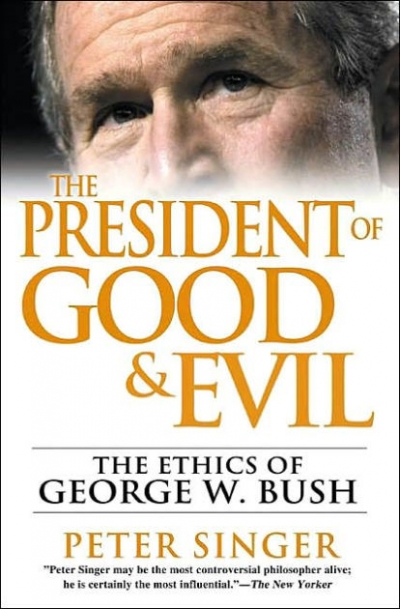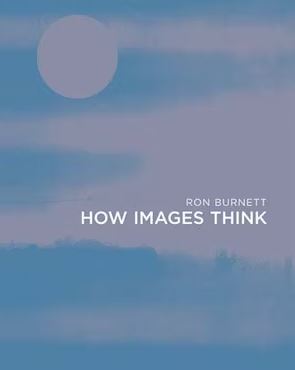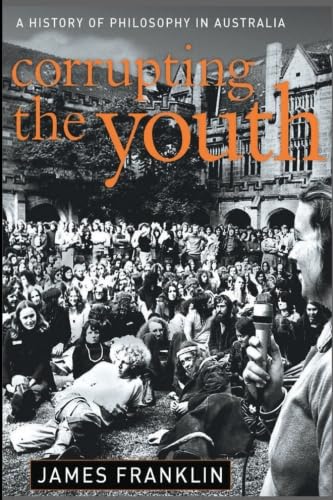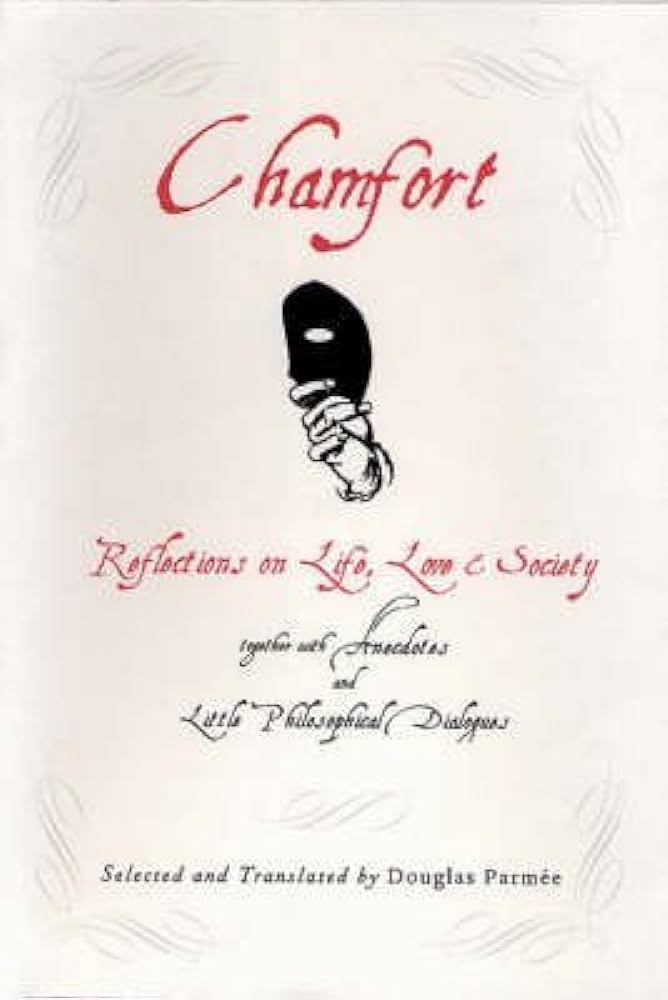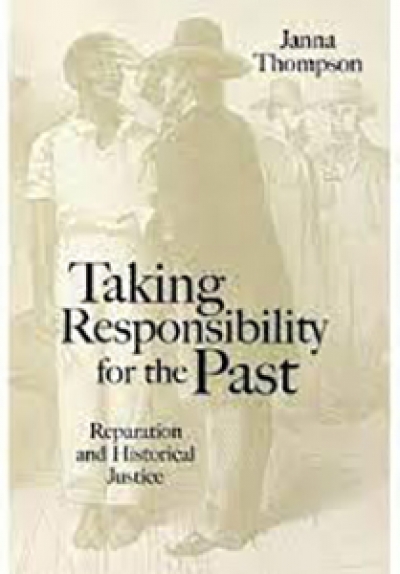Philosophy
McKenzie Wark’s new book consists of 388 numbered paragraphs organised into seventeen ‘chapters’, organised in alphabetic order, from ‘Abstraction’ to ‘Writings’ and going through ‘Class’, ‘Hacking’, ‘Representation’ and the like. Wark is batting for a high score, as the opening sentence, with its breezy allusion to Marx, indicates: ‘A double spooks the world, the double of abstraction.’ One of the things the format of the book suggests – not simply with the numbered paragraphs (which invoke Nietzsche and Wittgenstein as well as Wark’s chosen model, Guy Debord’s The Society of the Spectacle, 1967) but also the whole aphoristic style – is a throwback to those Big Bad Books that were out to blow up or at least transform the world, starting by changing the way we thought about it. In this it has something in common with John Gray’s Straw Dogs: Thoughts on Humans and Other Animals (2003), which seeks to convince us that humanism and anthropocentrism are grand delusions and that there is no way that man can be thought of as master of his fate. Wark isn’t nearly as apocalyptic as this, but he is pretty ambitious all the same. He is trying both to call into existence and to write the blueprint for a new class, the hacker class:
... (read more)Martha Nussbaum is a distinguished contemporary philosopher who has written in exemplary fashion on ancient philosophy and philosophy of literature; she has also produced important work in social and political philosophy, philosophy of mind and feminist thought. This book on emotions, law and the idea of a liberal society shows some of the strain of that industry: it is prolix and a little uneven. But it also has the characteristics of her best work: sparkling clarity, high learning, intellectual vigour and something to say. The scope, the confidence – the grasp of it all – astonishes.
... (read more)The Wreck of Western Culture: Humanism revisited by John Carroll
His handsome and expanded edition of John Carroll’s Humanism (1993) is given added weight by an epilogue about the meaning of September 11. It can now be read alongside his recent The Western Dreaming (2001), which tried to chart a way out of the spiritual atrophy of late modernity in which, as this book argues, the unfolding of humanism from the Renaissance on has left us – with its egoistic individualism, its rationalistic blindness to limits and its rancorous hostility to the sacred.
... (read more)Libertine Enlightenment: Sex, liberty and licence in the eighteenth century edited by Peter Cryle and Lisa O'Connell
As Peter Cryle and Lisa O’Connell point out in their excellent introduction to this collection of conference papers, ‘The Enlightenment is usually thought of as one of the great capital-letter moments in European history.’ But was its substance confined to the great works of Voltaire, Rousseau and Kant? Central to new readings of the Enlightenment is now the notion of ‘libertinism’. Once understood as the sexually free behaviour and attitudes of élite men, this collection is based instead on a wider, richer notion of, as the editors put it, ‘the vernacular, dissident freedoms of everyday life’. It was through unconventional sexual thought and behaviours, in particular, that the Enlightenment ‘vernacularised and dispersed itself’.
... (read more)Passion for Peace: Exercising power creatively by Stuart Rees
It all seems so obvious. So why is the practice of non-violence, peaceful negotiation and conflict resolution so hard? ‘To realise a vision of peace with justice requires inspiration and commitment,’ writes Stuart Rees, in an affirmation that shapes his inspirational new book, Passion for Peace. Rees explores the complexities and possibilities of peacemaking from varied perspectives: political, sociological, legal, biographical and, not least, literary. Rees’s text is studded with quotations from poets: the great Romantics, Wordsworth and Shelley; Denise Levertov; war poet Wilfred Owen; Australian poets Oodgeroo Noonuccal, Judith Wright and Rosemary Dobson – more than fifty all told.
... (read more)The President of Good & Evil: The ethics of George W. Bush by Peter Singer
On the face of it, this book represents a strange project: to elaborate for the reader’s consideration the moral beliefs of a man whom the author judges (and judged in advance, one suspects) to be shallow, inconsistent, lacking moral and intellectual sobriety, and to have failed so often to act on the moral principles he repeatedly professes that he can fairly be accused of hypocrisy ...
... (read more)Whether it is the television, computer, Personal Digital Assistant or mobile phone, many of us spend a considerable proportion of our lives engaging with images presented on screens. Digital images are integral to television, film, photography, animation, video games and the Internet, and are used increasingly as the main medium through which we interact and communicate with each other.
Although we may be aware of the increasing cultural presence of images, less apparent are the changes in how we might think about them. In the new media landscape, images are no longer just representations or interpretations of our actions; they have become central to every activity that connects us to each other and to technology. Understanding the nature of the complex relationship we have with the images that surround us is the principal concern of Ron Burnett’s new book, How Images Think.
... (read more)Corrupting The Youth by James Franklin & The Philosophy Of Sir William Mitchell (1861–1962) by W. Martin Davies
Socrates was executed in 399 BC, charged with refusing to recognise the state gods, introducing new divinities and corrupting the youth. The indictment was probably politically motivated. The philosopher was closely associated with the recently deposed oligarchy led by the murderous Critias, and he had taught Alcibiades, who betrayed the state. Later, Aeschines rebuked the Athenians: ‘You put Socrates the Sophist to death because he was shown to have educated Critias.’
... (read more)Reflections on Life, Love and Society by Chamfort (edited and translated by Douglas Parmée)
'Anyone who’s not a misanthrope by the time he’s forty has never felt the slightest affection for the human race.’ It was apparently at this time of life that Nicolas-Sébastien Roch de Chamfort (1740–94) began jotting down his thoughts, reflections and anecdotes. As the above sample indicates, Chamfort’s life of excess and disappointment had equipped him with a heightened sensitivity to paradox, folly and absurdity. His massive, albeit fragmentary, literary output was only discovered after his death, and until now has not been available in any substance to readers outside the French-speaking world.
... (read more)Taking Responsibility for the Past: Reparation and historical justice by Janna Thompson
Those of us who walk across bridges in support of reconciliation, and sign Sorry Day books, do so because we feel an obligation to recognise and apologise for the destructive legacy of past practices. Sometimes we can speak directly to those people who were taken away; often we are addressing their descendants. As the prime minister continues to point out, many of us are apologising for something for which we are not individually responsible. So what is the source of this sense of obligation, and how can saying sorry make a difference?
... (read more)

